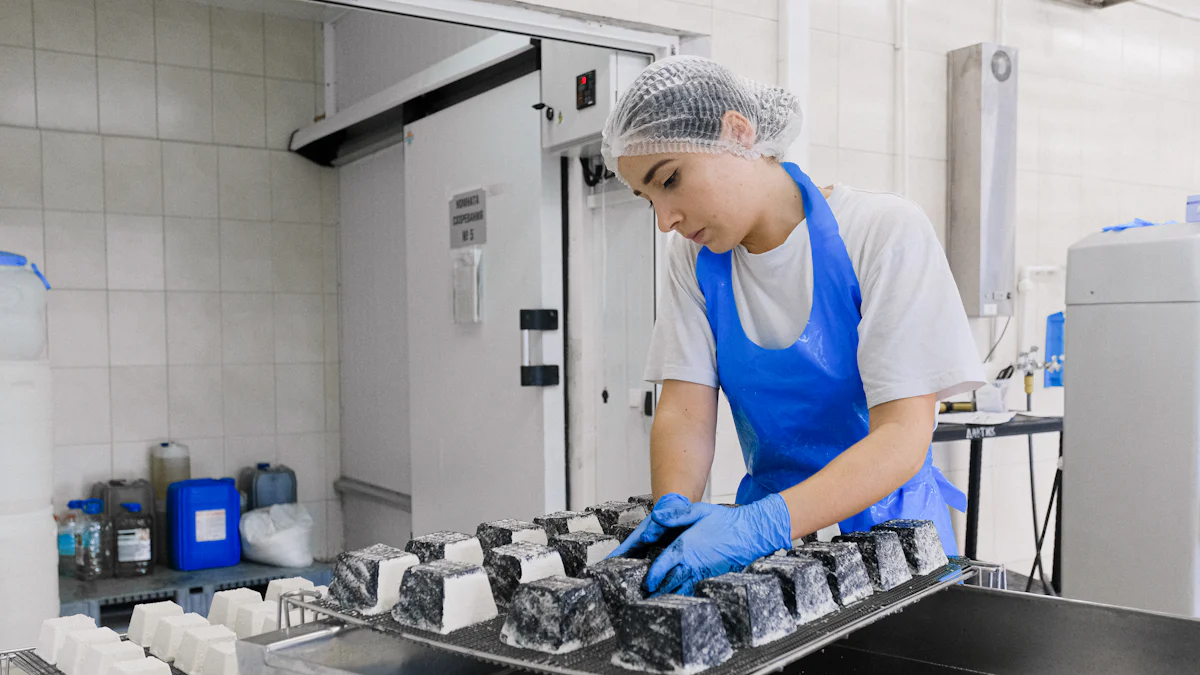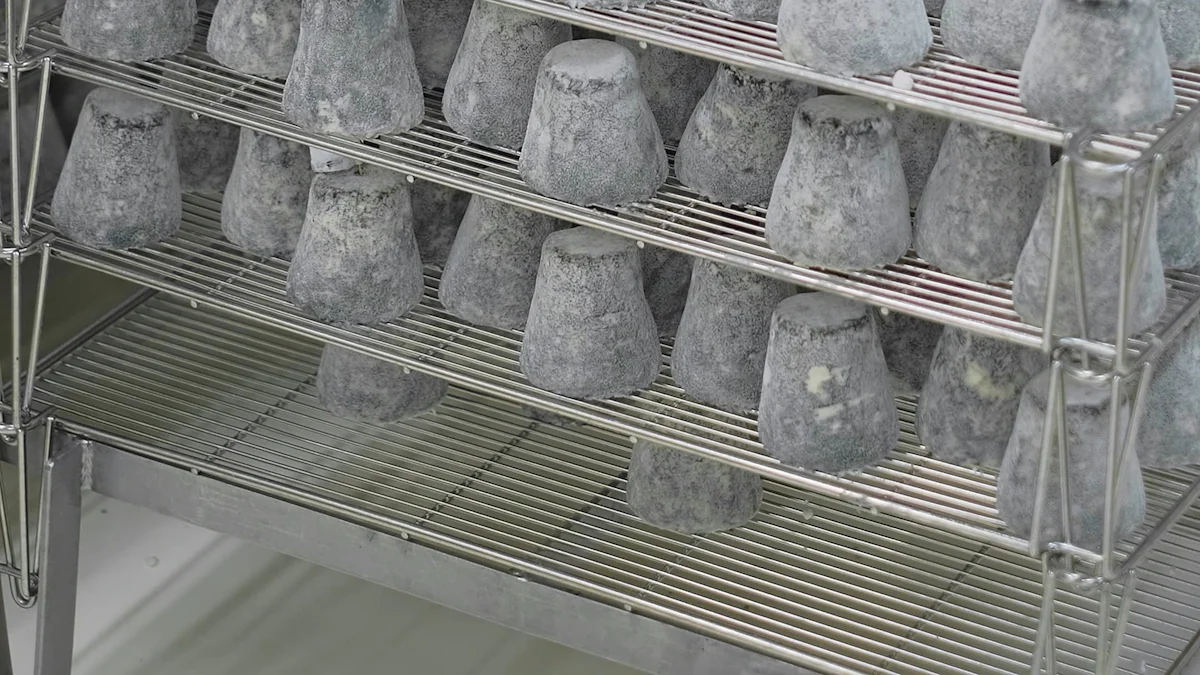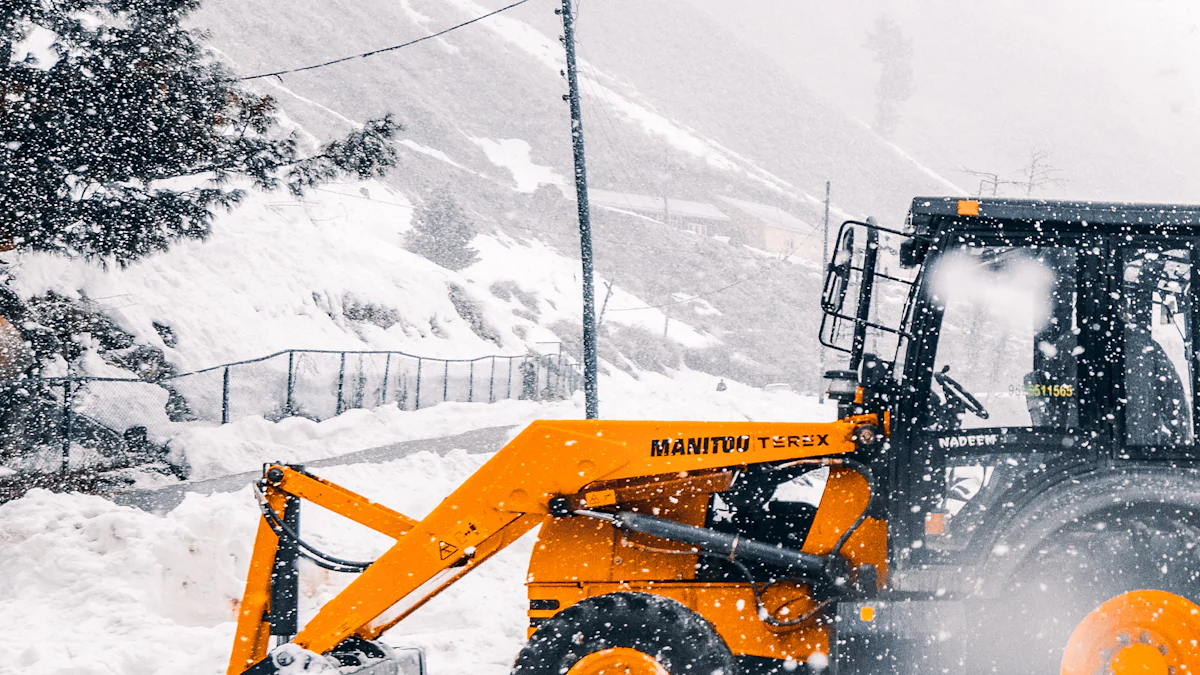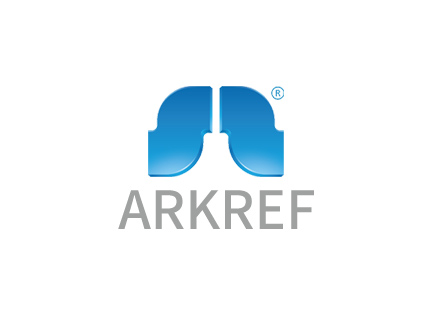Mesh Belt Freezer: Benefits and Drawbacks Explained

Have you ever wondered how your favorite frozen foods maintain their quality and taste? The answer often lies in the technology of Mesh Belt Freezers. These freezers utilize a stainless-steel mesh conveyor belt to rapidly freeze a variety of products, ranging from seafood to vegetables. Their primary purpose is to ensure quick and uniform freezing, which preserves the texture and flavor of food. Understanding the benefits and drawbacks of Mesh Belt Freezers helps you make informed decisions, especially if you're involved in food production or storage.
Benefits of Using Mesh Belt Freezers

When it comes to freezing technology, Mesh Belt Freezers stand out for their numerous advantages. Let's dive into the benefits that make them a preferred choice in the food industry.
Efficiency in Freezing
Rapid freezing capabilities
Mesh Belt Freezers excel in rapid freezing. They shorten freezing time by over 30% compared to traditional quick freezers. This speed is crucial for preserving the freshness and quality of food. Faster freezing means less time for ice crystals to form, which helps maintain the texture and taste of your products.
Energy efficiency compared to other methods
Energy efficiency is another strong suit of Mesh Belt Freezers. They consume less energy than many other freezing methods. This efficiency not only reduces operational costs but also supports environmental sustainability. By choosing Mesh Belt Freezers, you can save on energy bills while contributing to a greener planet.
Uniform Freezing
Consistent product quality
Uniform freezing is vital for consistent product quality. Mesh Belt Freezers ensure that every part of the product is frozen evenly. This consistency prevents uneven textures and flavors, providing a superior end product. Whether you're freezing seafood or vegetables, you can trust these freezers to deliver uniform results.
Reduced risk of freezer burn
Freezer burn can ruin the taste and appearance of food. Mesh Belt Freezers minimize this risk by maintaining a stable freezing environment. The controlled conditions reduce moisture loss, keeping your products fresh and appealing. You can confidently store your frozen goods without worrying about quality degradation.
Versatility in Applications
Suitable for various types of products
Mesh Belt Freezers are incredibly versatile. They can handle a wide range of products, from fruits and vegetables to meats and seafood. This adaptability makes them suitable for diverse food processing needs. No matter what you're freezing, these freezers can accommodate your requirements.
Adaptability to different production scales
Whether you're running a small-scale operation or a large industrial facility, Mesh Belt Freezers can adapt to your production scale. Their design allows for easy integration into existing systems, making them a flexible choice for businesses of all sizes. You can scale your operations without worrying about freezing capacity.
Drawbacks of Using Mesh Belt Freezers

While Mesh Belt Freezers offer many benefits, they also come with certain drawbacks that you should consider. Let's explore these challenges to help you make a well-informed decision.
Maintenance Requirements
Regular cleaning and upkeep
Mesh Belt Freezers demand regular cleaning and maintenance. You need to ensure that the stainless-steel mesh conveyor belt remains free from food residues and contaminants. This task can be time-consuming and requires diligence to maintain hygiene standards. Regular upkeep helps prevent any potential issues that could affect the freezer's performance.
Potential for mechanical issues
Mechanical issues can arise with Mesh Belt Freezers. The moving parts, such as the conveyor belt and air-blast system, may experience wear and tear over time. You might face unexpected breakdowns or require repairs, which can disrupt your operations. Staying proactive with maintenance can help mitigate these risks, but it's something to keep in mind.
Cost Considerations
Initial investment costs
The initial investment for a Mesh Belt Freezer can be substantial. You need to budget for the purchase and installation of the equipment. This cost might be a barrier for smaller businesses or startups. However, considering the long-term benefits and efficiency, it could be a worthwhile investment if you have the resources.
Operating expenses
Operating a Mesh Belt Freezer involves ongoing expenses. You need to account for energy consumption, maintenance, and potential repairs. These costs can add up over time, impacting your overall budget. It's essential to weigh these expenses against the benefits to determine if it's the right choice for your business.
Limitations in Certain Environments
Space requirements
Mesh Belt Freezers require adequate space for installation and operation. You need to ensure that your facility can accommodate the size and layout of the freezer. Some models, like those with multitiered belt arrangements, can save space, but you still need to plan accordingly. Limited space might restrict your options or require modifications to your facility.
Suitability for specific climates
The performance of Mesh Belt Freezers can vary based on the climate. You need to consider the ambient temperature and humidity levels in your location. Extreme conditions might affect the efficiency and reliability of the freezer. It's crucial to assess whether your environment is suitable for this type of equipment before making a decision.
Mesh Belt Freezers offer a mix of benefits and drawbacks. They provide rapid and uniform freezing, which ensures high-quality food preservation. Their versatility suits various products and production scales. However, they require regular maintenance and involve significant costs.
Weighing these factors is crucial. You should consider your specific needs and resources.
When choosing a freezing solution, focus on both efficiency and cost-effectiveness. This approach helps you make informed decisions that align with your business goals.
See Also
Selecting The Perfect Belt Freezer For Your Requirements
Understanding The Major Advantages Of Tunnel Freezers
Uncover The Features And Advantages Of Tunnel Freezers
IQF Tunnel Freezers: Revolutionizing Food Preservation Techniques

